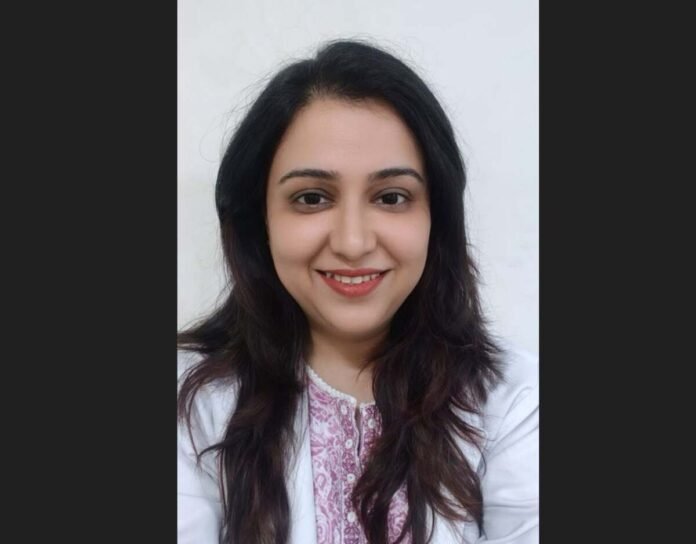For most people, snoring is often brushed off as an embarrassing habit or a harmless inconvenience. But persistent snoring, especially among young adults, could be an early warning sign of something far more serious, obstructive sleep apnea (OSA). This condition, characterized by repeated pauses in breathing during sleep, not only robs you of quality rest but also impacts energy levels, focus, and overall health. Surprisingly, dentists are emerging as key players in identifying and managing this silent yet significant health concern.
Why Snoring Shouldn’t Be Ignored
Snoring happens when the airway becomes partially blocked, creating vibrations in the throat. While occasional snoring due to fatigue or a blocked nose may not raise alarm, frequent snoring in young adults, especially those who are overweight or have a family history of sleep issues, can signal undiagnosed sleep apnea. Left untreated, OSA can contribute to high blood pressure, heart problems, daytime drowsiness, poor academic performance, and even mental health struggles.
The Dental Connection
Many don’t realize that the dentist’s chair can be the first place where sleep apnea risk is spotted. During a routine dental exam, dentists are trained to recognize signs that go beyond cavities and gum health. These may include:
- Excessive tooth wear from nighttime grinding, often linked to disturbed sleep.
- A narrow palate that restricts airflow.
- A retruded (set-back) jaw position that contributes to airway collapse.
With advanced tools such as 3D imaging, airway assessments, and even collaboration with sleep studies, dentists can evaluate whether a patient may be at risk of sleep-disordered breathing. This proactive approach is particularly beneficial for young adults, who may otherwise dismiss snoring as trivial.
Oral Appliance Therapy: A Modern Alternative
Traditionally, the gold standard treatment for sleep apnea has been the CPAP (Continuous Positive Airway Pressure) machine. While effective, CPAP therapy can be bulky, noisy, and uncomfortable, deterring many younger patients from consistent use.
Enter oral appliance therapy, a game-changer for those with mild to moderate sleep apnea. These custom-made dental devices work by repositioning the jaw and tongue to keep the airway open during sleep. They are:
- Discreet – small and easy to wear.
- Non-invasive – no masks, tubes, or machines.
- Portable – ideal for students, professionals, and frequent travelers.
Because of these advantages, oral appliances are increasingly popular among young adults looking for effective yet convenient alternatives to CPAP.
Dentistry Meets Sleep Medicine
The collaboration between dentistry and sleep medicine is reshaping how we view both oral health and overall wellness. Dentists are not just treating teeth; they are helping patients breathe better, sleep longer, and live healthier lives. For young adults who juggle late-night study sessions, demanding jobs, and social lives, restorative sleep is essential for memory, focus, and productivity.
By taking snoring seriously and integrating sleep evaluations into dental care, professionals are giving students and young professionals a chance to thrive both academically and personally.
The Takeaway
Snoring should not be dismissed as “just a sound.” It could be the body’s signal of a deeper issue that, if left untreated, may affect long-term health. With dentists now playing an active role in diagnosing and treating sleep apnea, young adults have access to discreet, comfortable, and effective solutions.
Dental consultation is much needed for people who snore regularly. Sometimes, the path to better sleep and a healthier future begins in the dentist’s chair.
By- Dr Manvi Srivastava, Dentist at NIIMS Medical College and Hospital


